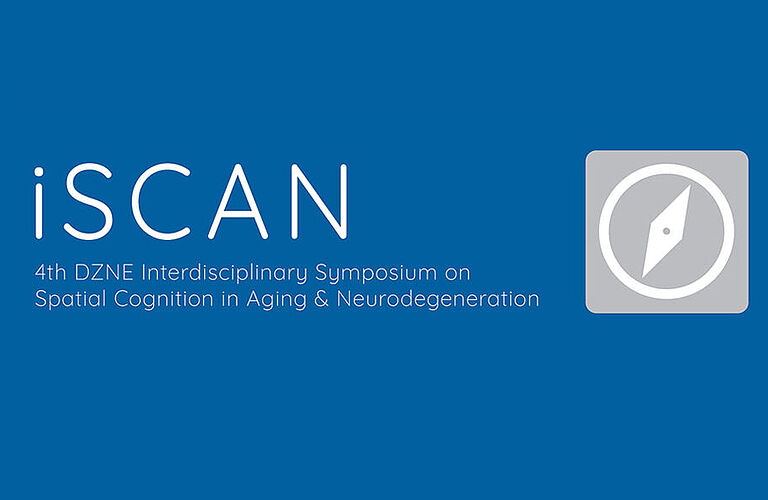Schedule
Monday, December 4
11:00-13:00 | Arrival & Registration |
12:00-13:00 | Lunch |
| 13:00-13:15 | Welcome & Introduction |
13:15-15:15 | Speaker Session 1
|
| 15:15-15:45 | Coffee break |
| 15:45-16:45 | Discussion session 1 |
| 16:45-18:00 | Poster session & welcome reception |
Tuesday, December 5
| 09:00-10:30 | Speaker Session 2
|
| 10:30-11:00 | Coffee break |
| 11:00-12:30 | Speaker Session 3
|
| 12:30-14:00 | Lunch |
| 14:00-15:30 | Speaker Session 4
|
| 15:30-16:00 | Coffee break |
| 16:00-17:30 | Data blitz session, in order of appearance:
|
| 19:00 | Conference dinner |
Wednesday, December 6
| 09:00-10:30 | Speaker Session 5
|
| 10:30-11:00 | Coffee break |
| 11:00-12:30 | Speaker Session 6
|
| 12:30-14:00 | Lunch |
| 14:00-15:30 | Speaker Session 7
|
| 15:30-16:00 | Coffee break |
| 16:00-17:00 | Discussion session 2 |
| 17:00-17:30 | Wrap-up & farewell |
All times are in CET (Central European Time).

